It can be incredibly frustrating when you’re ready to listen to your favorite podcast, but the Apple Podcasts app is slow to load or respond. This common issue can disrupt your listening experience, but thankfully, there are several easy ways to fix it. By following a few practical tips, you can enhance the performance of Apple Podcasts on your iPhone or iPad and get back to enjoying your audio content without annoying delays.
What Causes Apple Podcasts to Slow Down?
Before diving into the fixes, it helps to understand why the app might be sluggish. Several factors can impact its performance, and identifying the cause is the first step toward a solution.
Often, the problem isn’t with the app itself but with external factors. Your internet connection, for example, plays a huge role. A weak Wi-Fi signal or slow cellular data can make streaming or downloading episodes a painful process. Performance issues are frequently reported by users, especially on older devices that may struggle with newer software.
Another common culprit is low storage space on your device. When your iPhone or iPad is nearly full, all apps, including Apple Podcasts, can become slow. The app also accumulates a cache of data over time, which can bog it down if not cleared regularly.
Simple First Steps for a Quicker App
You can often resolve slowness with a few quick actions that don’t require digging deep into settings. These are the go-to fixes you should try first, as they are simple and surprisingly effective.
Start by checking your network connection. A stable internet connection is essential for a smooth podcast experience. If you are on Wi-Fi, try moving closer to your router or restarting it. Sometimes, simply toggling Wi-Fi off and on can reset the connection and improve speed.
Another trick is to force quit and restart the Apple Podcasts app. This clears its temporary memory and can resolve minor glitches that cause slowdowns. If that doesn’t work, a full device restart is a classic troubleshooting step that can fix a wide range of performance issues by clearing out the system’s RAM.
The airplane mode trick can also help reset your device’s network connections and force it to find a stronger signal. Here is how you can do it:
- Open the Control Center on your device.
- Tap the Airplane Mode icon to turn it on. Wait for about 15 seconds.
- Tap the icon again to turn it off.
- Allow your device a moment to reconnect to Wi-Fi or cellular data before opening the app again.
Manage Storage and Clear the App Cache
Over time, Apple Podcasts can accumulate a large amount of data, including cached images and streamed episode data. This buildup can significantly slow down the app’s responsiveness and loading times.
Regularly clearing the app’s cache and refreshing its content can help improve speed and responsiveness. While Apple doesn’t provide a one-tap “Clear Cache” button, you can manage storage effectively within your device’s settings. Go to Settings > General > iPhone Storage > Podcasts. Here, you can see how much space is being used and delete downloaded episodes you’ve already listened to.
Removing old episodes is one of the best ways to free up space and help the app run more efficiently. This simple act of housekeeping can lead to noticeably faster loading speeds and a more enjoyable experience.
Keep Your App and Device Software Updated
Running an outdated version of the Apple Podcasts app or your device’s operating system (iOS) can lead to performance problems. Updates are not just about new features; they often include critical bug fixes and performance enhancements.
Ensuring you have the latest version of the Apple Podcasts app can resolve many performance-related issues. To check for an app update, open the App Store, tap your profile icon, and scroll down to see available updates. If you see Apple Podcasts in the list, tap “Update.”
Similarly, keeping your device’s software up to date is crucial. Apple’s iOS updates frequently improve overall system stability and app functionality. You can check for a software update by going to Settings > General > Software Update.
Optimize Your Device and Podcast Settings
Beyond basic fixes, certain settings on your device can be adjusted to dedicate more resources to Apple Podcasts. Managing these settings can prevent other processes from slowing down your listening experience.
If you have many applications running in the background, they can consume valuable memory and processing power. Closing unnecessary apps can free up these resources, allowing Apple Podcasts to run more smoothly. You can also disable Background App Refresh specifically for Podcasts by going to Settings > General > Background App Refresh.
Customizing your podcast settings can also help. For instance, you can turn off automatic downloads for shows you don’t listen to regularly. This prevents the app from using bandwidth and storage in the background, which can improve its overall speed when you are actively using it.
Advanced Solutions when Nothing Else Works
If you have tried all the previous tips and the app is still lagging, it might be time for more advanced measures. These steps are more drastic but are often the most effective for fixing persistent problems.
Reinstalling the Apple Podcasts app is a powerful solution. Deleting the app removes any corrupted files or settings that might be causing the slowdown. Don’t worry, your podcast subscriptions are tied to your Apple ID, so they will reappear once you reinstall the app from the App Store.
If even a fresh installation doesn’t solve the problem, the issue might be more complex. In this case, contacting Apple Support is your best option. Their team can help diagnose deeper issues with your device or account.
This table summarizes when to use these advanced steps.
| Troubleshooting Step | Best For | Expected Outcome |
|---|---|---|
| Reinstalling the App | Persistent glitches and unexplained slowness. | Provides a clean slate and resolves issues from corrupted data. |
| Contacting Apple Support | When all other fixes have failed. | Expert assistance to identify and resolve complex problems. |
Frequently Asked Questions About Apple Podcasts Performance
Why is Apple Podcasts running so slow on my device?
Common causes include a weak internet connection, low device storage, outdated software, or a buildup of cached data. Having too many apps running in the background can also consume resources and slow the app down.
Will deleting and reinstalling the app erase my podcasts?
No, reinstalling the app will not erase your podcast subscriptions, as they are linked to your Apple ID. However, it will delete any episodes you have downloaded to your device for offline listening, so you will need to re-download them.
How can I fix slow loading times in Apple Podcasts?
Start by checking your internet connection and restarting the app. If the problem continues, try clearing storage by deleting old episodes, updating the app and your iOS, and finally, reinstalling the app as a last resort.
Does my device’s storage really affect the app’s performance?
Yes, absolutely. When your device’s storage is nearly full, the operating system has less space to work with for temporary files and processes, which can slow down the performance of all apps, including Apple Podcasts.
Is there a setting I can change to make Apple Podcasts faster?
Turning off Background App Refresh for Apple Podcasts can help conserve system resources. You can find this setting under Settings > General > Background App Refresh. Disabling automatic downloads for new episodes can also help reduce background activity.

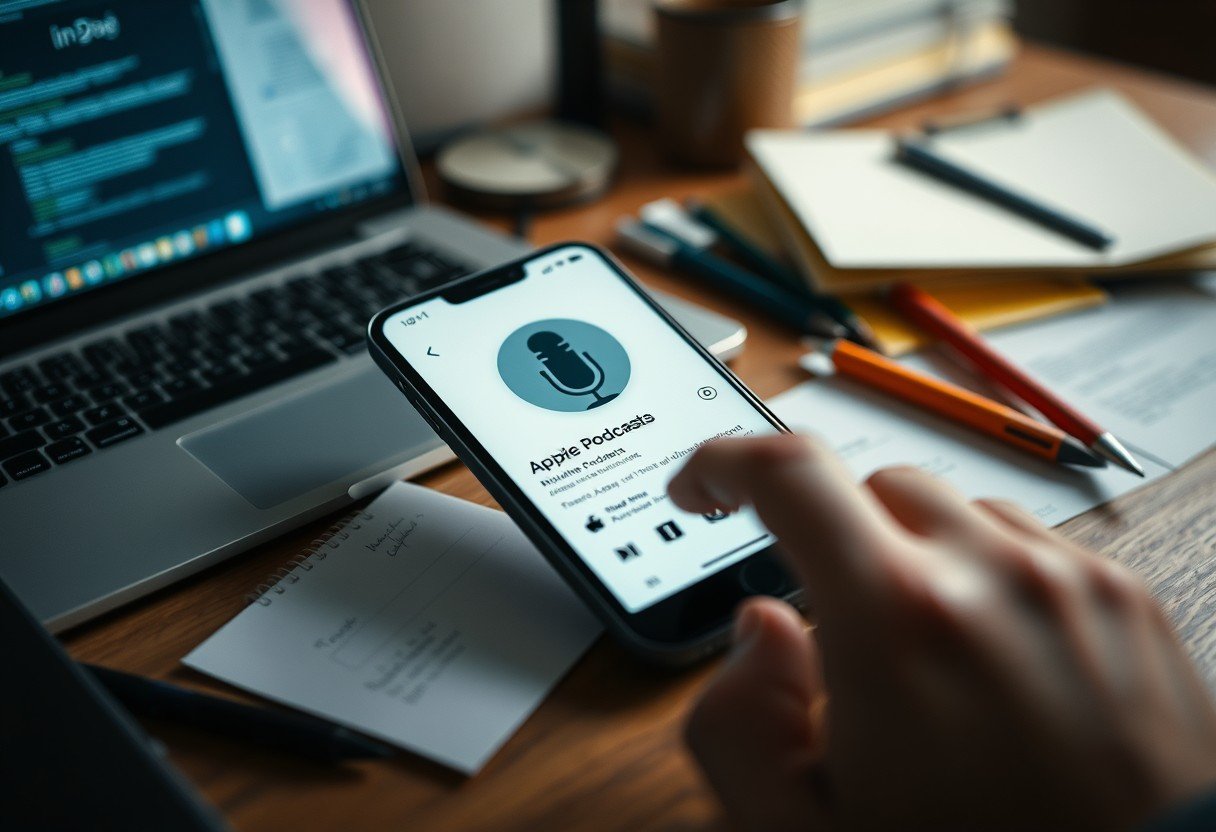


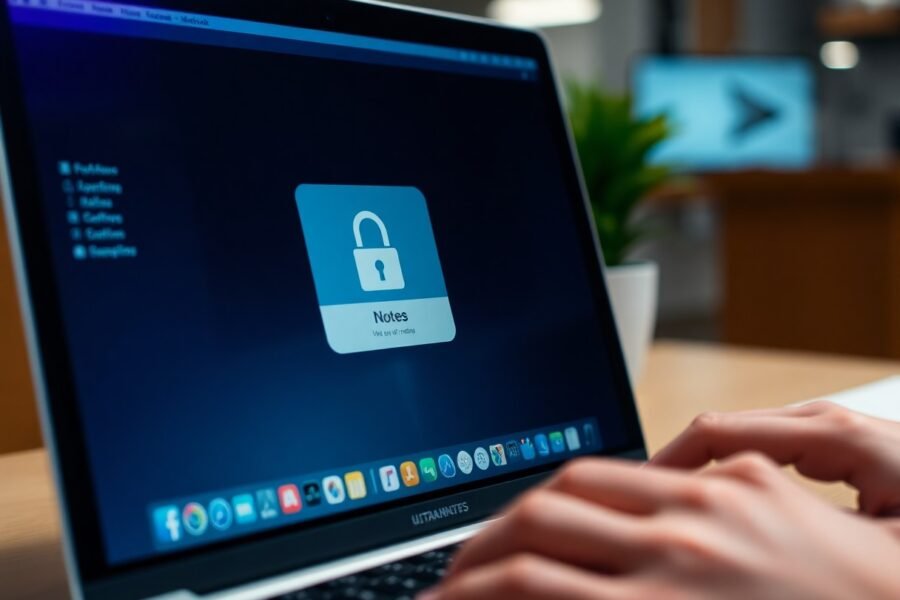
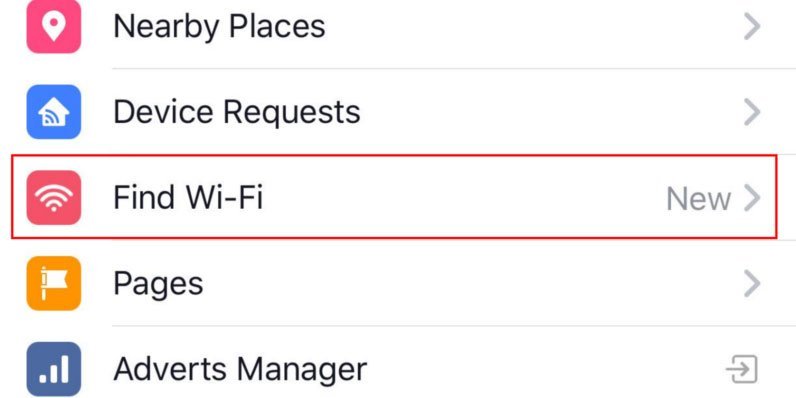
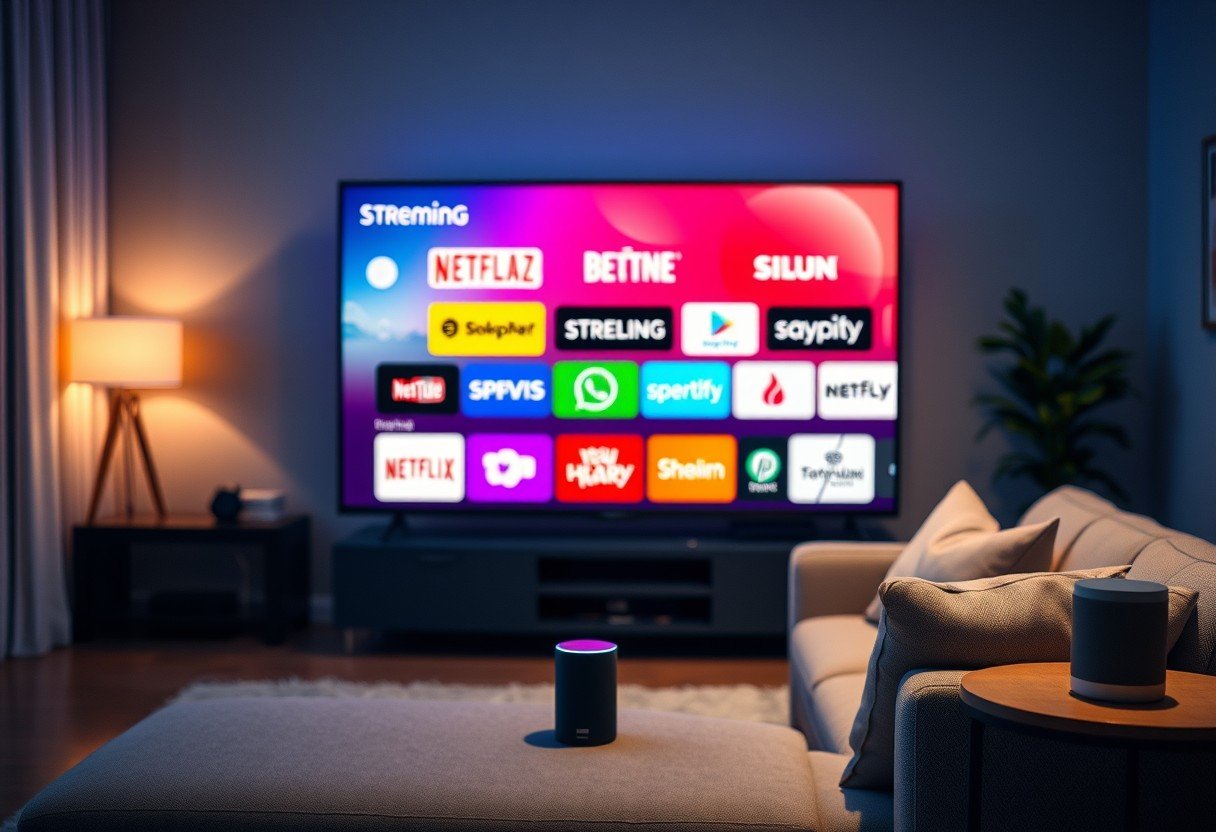
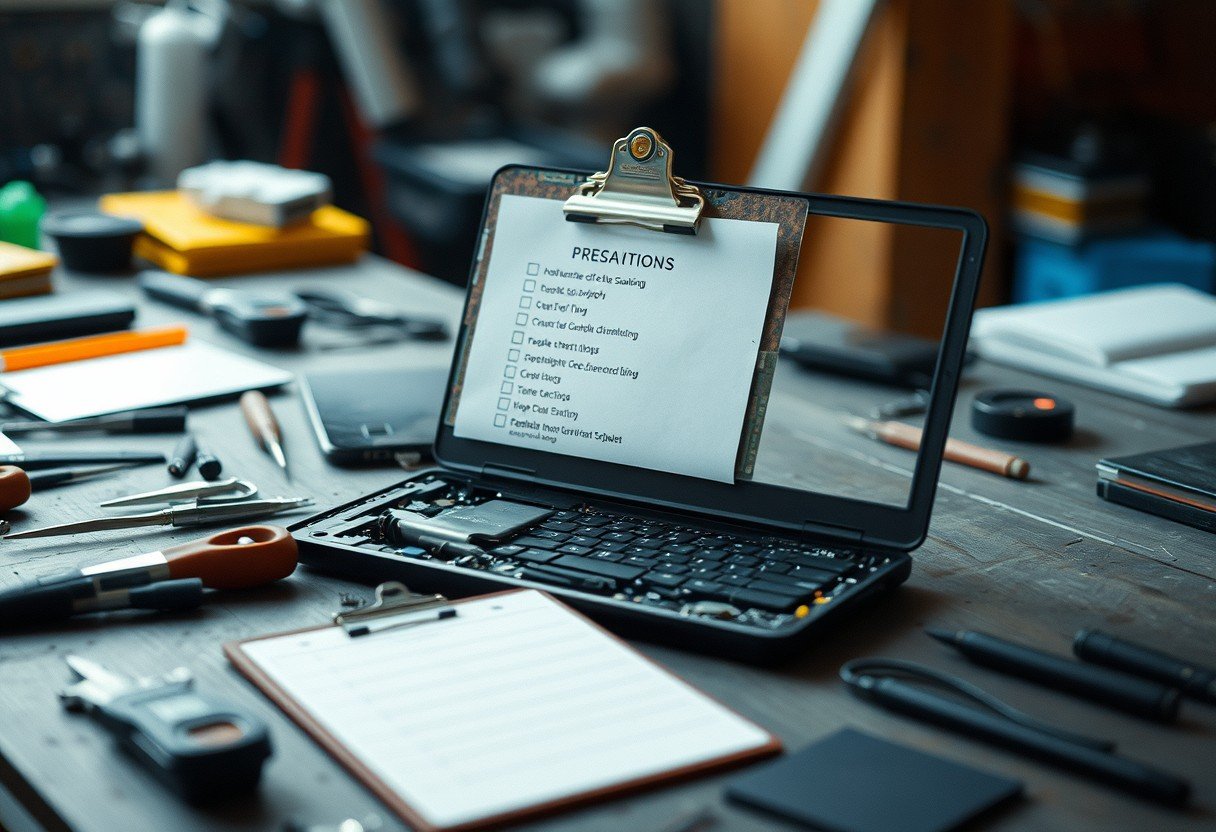

Leave a Comment